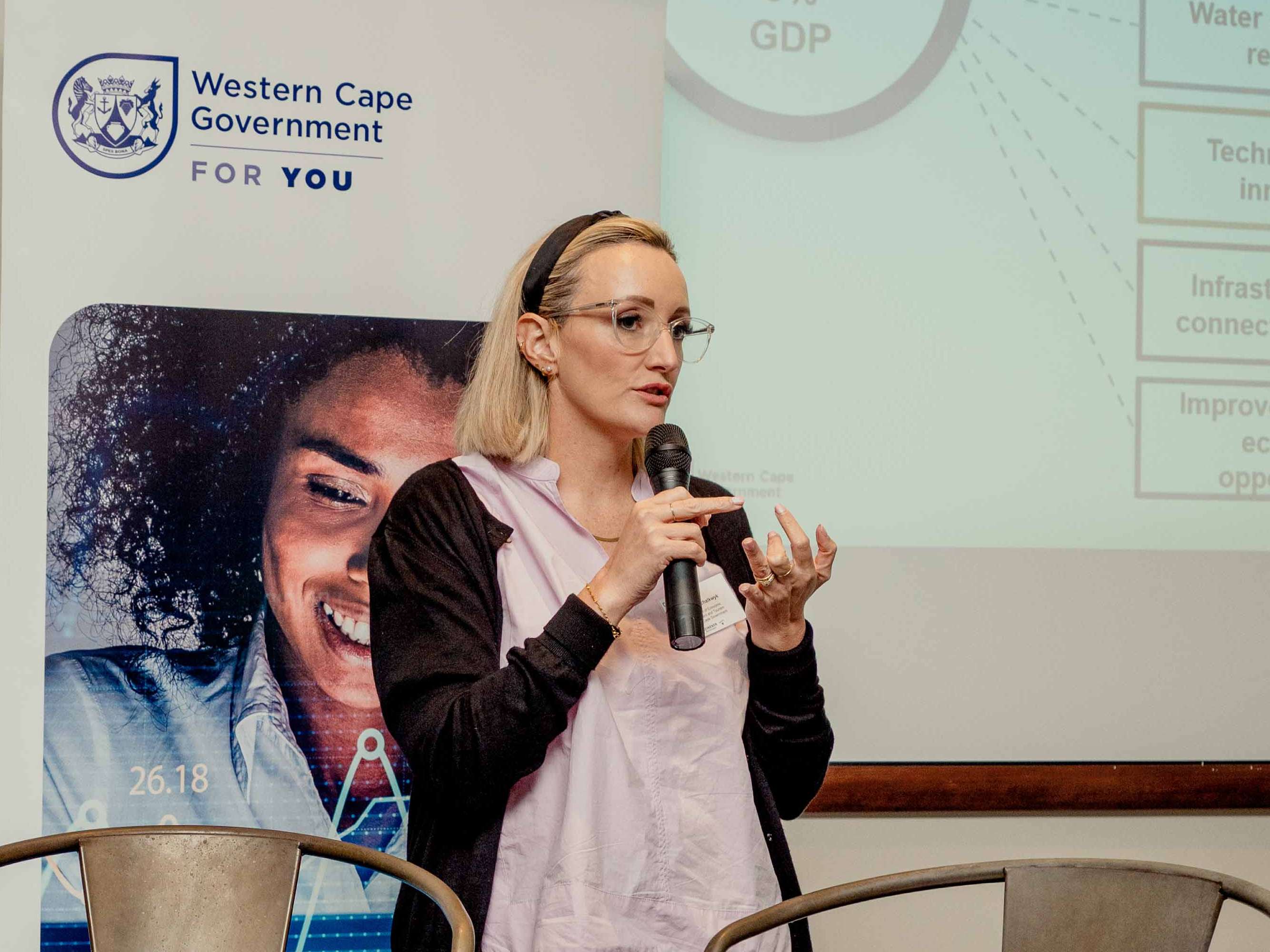Join us to shape a better future, contact Secretariats:
Narieman Solomon Tariro Chivige

Global Competitiveness Index 4.0
Pillar 7: Product market 8.3%
A. Domestic market competition 50%
7.01 Distortive effect of taxes and subsidies on competition
7.02 Extent of market dominance
7.03 Competition in services
B. Trade openness 50%
7.04 Prevalence of non-tariff barriers
7.05 Trade tariffs
7.06 Complexity of tariffs
7.07 Border clearance efficiency
The Chamber contributes to the strengthening of the business environment by:
1. Supporting regional sector and value chain development programmes - for firms to express their concerns about issues affecting business in their sub-sector and to steer systematic improvement to realise faster growth of the sub-sector.
2. Supporting Business retention and expansion programmes - to steer systematic improvement of their local business environment.
3. Facilitating dialogue with the public sector - towards more effective public investment, smarter service delivery, procurement efficacy and to stop doing what the private sector can do with greater efficacy.
4. Creating large-scale awareness of issues concerning business, which need to be rectified by the public sector or other responsible parties. Various platforms are utilised including events with key stakeholders, traditional media and social media.
The Western Cape’s location on a major international trade route not only shaped the Province’s history – and the history of much of the sub-continent – but also explains much of the region’s economic development. However, the enormous distance to our main export market means the Province is also hugely dependent upon maintenance of an efficient Port infrastructure.
The same goes for other transport nodes, namely road and rail, which in turn rely on the necessary government attention and budgetary commitments. Road and rail link the Province to interior markets, with both being fundamental to the timely movement of goods.
The Chamber exerts pressure on the relevant government stakeholders to improve these transport networks for the good of the economy.
Tariffs also affect access to key international markets and may influence investment decisions.
Thanks to its Port Infrastructure, the Province is also considered a springboard into neighbouring African markets and a convenient landing point for crucial imports such as crude oil and bunker fuel.
Traders also require efficient border clearance, along with the necessary legal services to step in when things go wrong.
The Province’s agricultural exports are susceptible to market vagaries, such as the sudden disruption to the citrus and deciduous fruit sector caused by the crisis in Ukraine.








